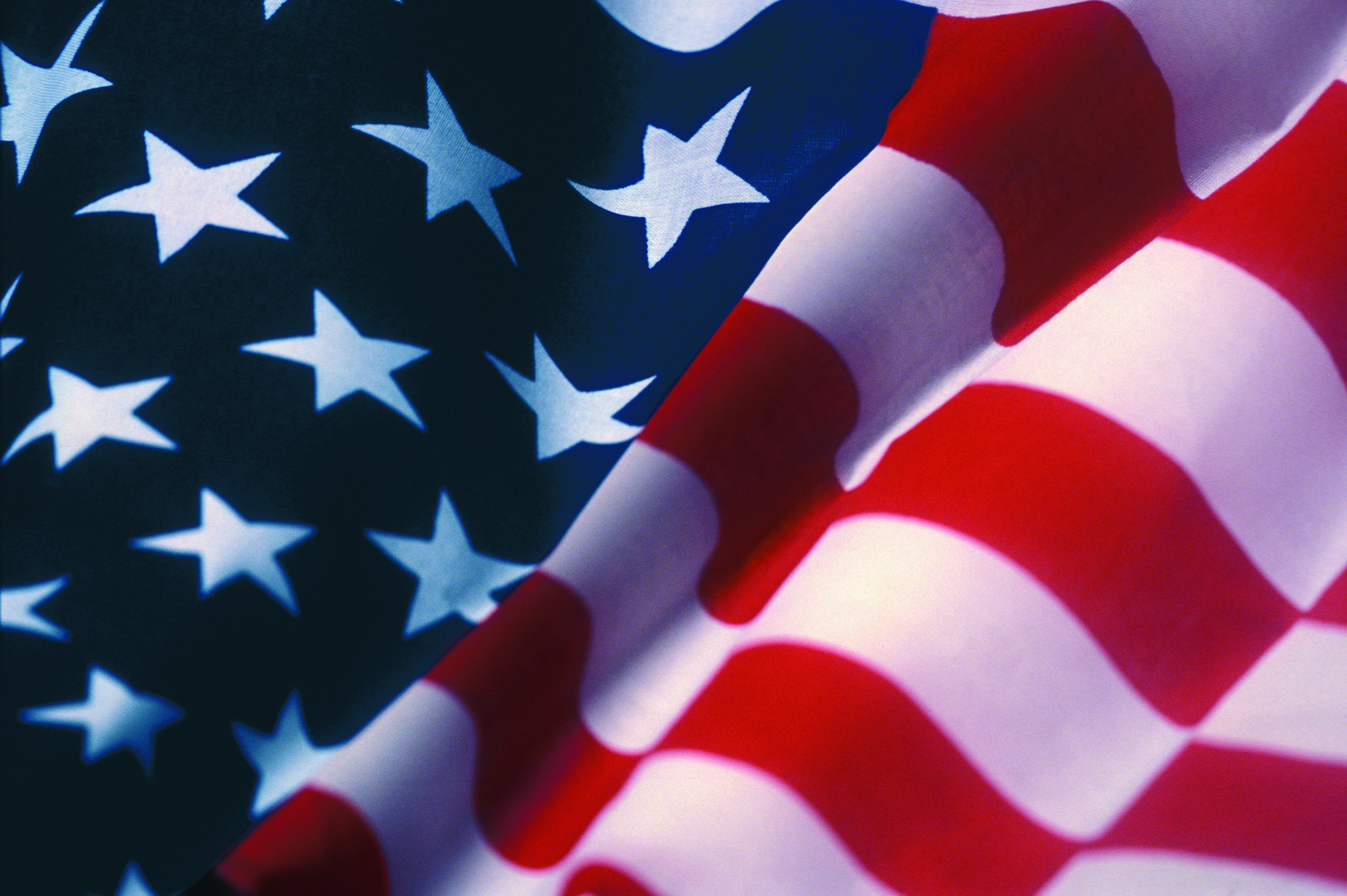As the hearse from New Jersey whispered among headstones and tree-lined lanes, the old soldiers of the Taylor County Honor Guard snapped to attention, like the warriors they once were.
They were helping another buddy in another send-off at the West Virginia National Cemetery.
The sprawling military cemetery is a big fixture in the tiny community of Pruntytown, near Grafton.
It was a mellow May afternoon, two weeks before Memorial Day in 2011.
Those populating the funeral detail that day included Joe Heinzman, who saw heavy fighting in the South Pacific at the end of World War II — and again in Korea five years later.
He was joined by John Tokarz, who was drafted during Korea and stayed in through Vietnam, managing to miss the fighting altogether, even though he was stationed in-country during both tours.
And there was John “Butch” Pickens, who didn’t escape combat in Vietnam and was fretting over his U.S. Marine son, who was being shot at most days in Afghanistan.
None of the detail members knew the buddy they were honoring.
However, the presence of his remains on this day showed the pull and patriotism of home.
Especially this home.
The original West Virginia National Cemetery, which is the final resting place for many of the region’s Civil War dead, is still meticulously maintained in Grafton.
The man’s wife had grown up in the city’s Parkview neighborhood and wanted to bring her husband back to her home for his military honors after their life together in New Jersey.
She accompanied him to West Virginia, along with her children and grandchildren.
Tokarz was pleased to see that.
“The ones [funerals] that bother me are where we’re giving the flag to the funeral director because no one else is around,” he said.
“You always have to ask, ‘You mean there isn’t one person who couldn’t have come out for the guy?’ ”
Today is Memorial Day 2021.
For the past 14 months, the old veterans have been ducking two new enemies: COVID-19, and the isolation wrought by the contagion.
They also dealt with an invader in their midst who was even more unsettling: A former nursing assistant at a VA hospital in Clarksburg was handed consecutive life sentences two weeks ago after pleading guilty to injecting seven patients with fatal doses of insulin earlier.
At the height of the pandemic last year, the Veterans of Foreign Wars of West Virginia began covering its members on the new angst-riddled battlefields of home.
VFW posts across the state — there are 75 and the average age of its members is 70 — launched a “buddy check” call chain, just to make sure people were OK.
“Our members are older,” said Kevin White, a combat veteran of the Gulf War and state adjutant and quartermaster of the Veterans of Foreign Wars of West Virginia.
“That’s keeping an eye out. Just calling and checking on someone if you haven’t heard from him in a while.”
Steve Blinco, meanwhile, is used to hearing from high school students who look at wars, and warriors, with new levels of awareness by the time he’s done.
Blinco is a Morgantown High School history and civics teacher who also helps organize his school’s annual recognition of those who served, with Veterans Day and Memorial Day programs.
A centerpiece of those events are those plaques on the school grounds honoring the 18 MHS graduates who died in Vietnam.
One of them was Thomas “Tommy” Bennett. He went in a conscientious objector and shipped out as a medic. He died at the age of 21, after rescuing several buddies wounded and pinned down by enemy fire.
He was posthumously presented the Medal of Honor, which is the military’s highest recognition for combat valor.
Most of the people on those plaques were just out of high school, Blinco tells his students.
Such awareness, the educator said, makes the sacrifices more immediate — and more urgent, even.
“I tell them, ‘Hey, these guys walked the same hallways as you, sat in the same classrooms as you and went to football games just like you.’ ”
TWEET @DominionPostWV




